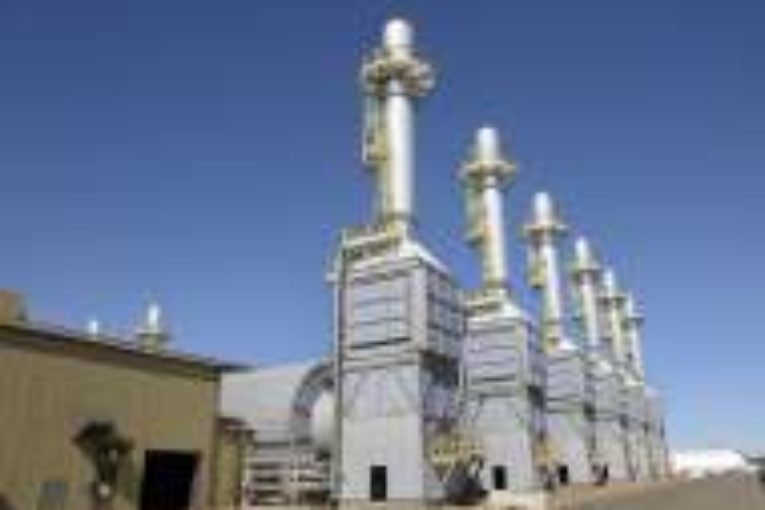
Suncor Energy Inc.’s dispute with French oil major Total S.A. over costs at the nearly-competed, $17-billion Fort Hills oilsands mine marks a new twist in the hasty departure of international oil companies from the Alberta deposits.
The French company — which in its early days spared no expense nor quarrel to get its hands on oilsands assets – is now refusing to pay its bills for the nearly finished project, whose capital cost was revised to a range of $16.5 billion to $17 billion in February, from $15-billion when it was sanctioned.
“There has been one recent development in the Fort Hills project that is a little disappointing,” Suncor CEO Steve Williams said in a conference call with analysts Thursday to discuss second quarter results.
“Our partner Total has chosen not to approve or provide additional project sanction funding for Fort Hills project, and as a result we are now in the early stages of a commercial dispute with Total,” Williams said. “Given the fact that construction is now 92 per cent (complete), as of the end of July, we are not anticipating that this issue will impact the plan to achieve first oil by the end of the year.”
For its part, Total said it was not ready to accept the substantial cost increases. Total’s Chief Financial Officer, Patrick de la Chevardiere, told analysts in a conference call Thursday that it was in discussions with Suncor to reduce costs. Suncor spokeswoman Sneh Seetal explained the latest dispute is about the capital cost increase.
The French company has been trying to reduce its oilsands exposure since oil prices collapsed three years ago. In 2015, it sold a 10 per cent interest in Fort Hills to Suncor for $310 million. It’s been widely rumoured that it wants to get out of the remaining 29.2 per cent.
In its early days in Alberta, Total waged an acrimonious and hostile battle to win UTS Energy Inc., which owned a piece of Fort Hills, and won a fight against Royal Dutch Shell PLC for another project, Joslyn, which was eventually shelved.
Williams said the discussion with Total is at an early stage. He would not say whether it could impact the project’s ownership.
Meanwhile, Suncor is accelerating the ramp up of Fort Hills, which has the capacity to produce nearly 200,000 barrels a day, to take full advantage of the 7,000 employees on site and address any problems before the winter, Williams said.
Suncor’s other partner, Teck Resources Ltd., which owns 20 per cent of Fort Hills, is fully aligned on costs, he said.
Suncor reported mixed results for the second quarter, which was impacted by lower oil prices, a rising Canadian dollar, maintenance and repairs. Profit swung to $435 million from a loss of $735 million in the same quarter last year. Cash flow was $1.6 billion, up from $916 million in the year-ago period.
“We are planning for a return to strong production throughout the second half of the year,” Williams said, as the Hebron project in Newfoundland’s offshore also achieves first oil. Suncor breaks even when oil is at US$30 a barrel (including operating costs and sustaining capital), or US$40 a barrel including its dividend, said chief financial officer Alister Cowan.
You can read more of the news on source
